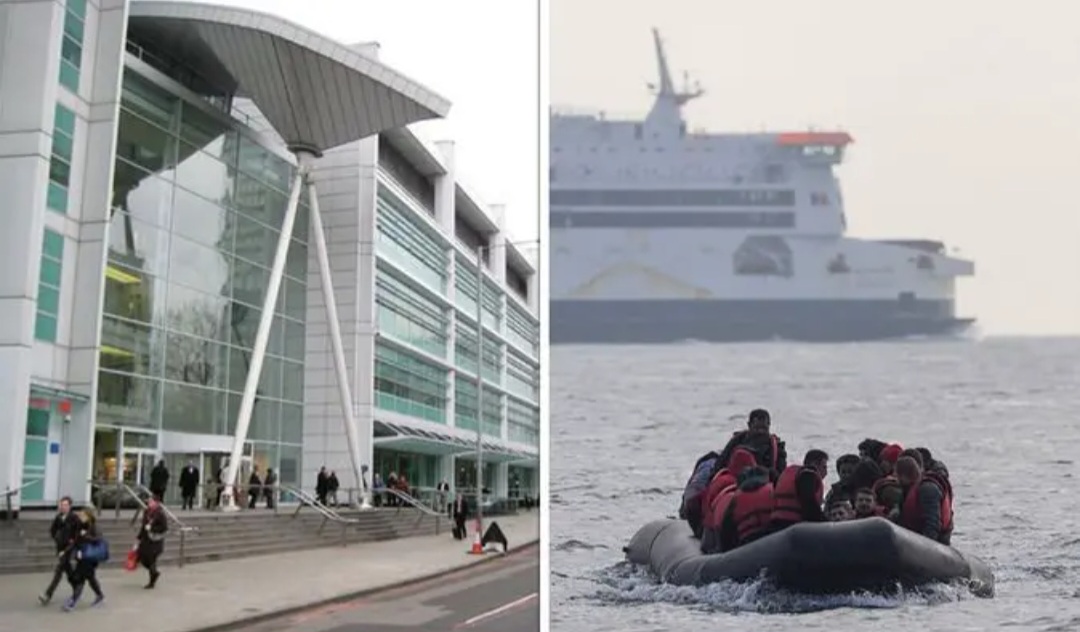
Former Health Secretary Steve Barclay has spoken out against a scheme run by the NHS that allows undocumented migrants to receive faster treatment in A&E compared to British taxpayers.
He questioned why such a system exists and demanded the NHS explain the need for giving “special treatment to people here illegally, at the expense of those who pay into the system.”
This scheme, called the 987 Inclusion Initiative, operates at University College Hospital in London. It offers certain groups, such as undocumented migrants, drug users, and people with alcohol problems, quicker access to tests and treatments.
Patients eligible under this scheme can be seen within 15 minutes of arriving, avoiding long A&E wait times. This is in stark contrast to regular patients, many of whom wait over four hours to receive treatment, according to NHS data from November.
Critics, including Richard Tice, the deputy leader of Reform UK, have expressed frustration over this policy. He said it’s unfair that hardworking British citizens, who pay taxes and fund the NHS, are forced to wait, while undocumented migrants are given priority.
He also criticized the government for allowing such schemes to exist, arguing that they undermine trust in the NHS and in the country’s immigration policies. Tice added that Reform UK would take a stricter approach, including turning back boats carrying migrants and deporting those already in the UK illegally.
Steve Barclay shared similar concerns, describing the scheme as “outrageous” and saying it shows how the NHS has shifted from being a national service to something that prioritizes non-citizens.
He believes many taxpayers will be upset to learn that people who are not legally in the country are getting faster access to healthcare. Barclay also emphasized that the NHS must focus on serving the people who fund it.
However, not everyone agrees. Enver Solomon, the chief executive of the Refugee Council, defended the NHS’s approach. He explained that the NHS was built on the principle of providing healthcare to anyone in need, regardless of their background.
Solomon pointed out that many NHS staff are migrants themselves and work tirelessly to care for everyone, including asylum seekers and undocumented migrants. He argued that denying healthcare to anyone creates problems for the whole system and harms public health.
The NHS has explained that it is legally required to provide free healthcare to asylum seekers and migrants. Local health boards are responsible for making sure that both migrants and local residents have access to care. They also address inequalities in healthcare access by rolling out special services for communities with the worst health outcomes.
At the same time, the NHS is struggling to meet demand. Between October and November 2024, 6.7 million people visited A&E in England. Only 58% of patients were seen, admitted, or discharged within the four-hour target time.
Winter illnesses like flu, COVID-19, and respiratory viruses have made the situation even worse, leading to overcrowding and longer wait times.
Despite these challenges, the NHS has stated it is committed to providing care to everyone who needs it. Critics, however, continue to call for reform, arguing that British taxpayers should be prioritized. The Department of Health and Social Care has not yet commented on the controversy.




